
Make No Mistake, Israel And Iran Are Already At War
The recent actions of both sides in this once“shadow war” have changed the nature of the conflict. It is not clear that de-escalation is on the horizon.
On October 1, 2024, Iran launched a massive, direct attack against Israel notionally in retribution for Israel's dual assassinations of Hamas leader Ismail Haniyeh and Hezbollah's chief, Secretary General Hassan Nasrallah.
It was the second such barrage in six months. By many accounts , the previous Iranian attack against Israel on April 13 – which consisted of over 300 ballistic and cruise missiles and attack drones – caused very little damage to Israel.
Perhaps because of this, and likely in part due to US encouragement of restraint , Israel's immediate military response then – an airstrike against a single advanced Iranian air defense system in the Isfahan province – was somewhat measured.
Many onlookers saw the calibrated exchange in April as a possible indication that both sides would prefer to de-escalate rather than engage in ongoing open warfare. But further Israeli military operations since then have prompted escalatory Iranian military responses, forcing the conflict back out of the shadows.
With Hamas' capabilities and leadership degraded in the Gaza Strip, Israel's military leaders announced in June that they were“ready to face” Hezbollah – the Iranian-backed Lebanese militant group whose persistent rocket attacks against northern Israel have caused tens of thousands to evacuate the area.
Israel pivots northIsrael's pivot from Gaza toward Lebanon coincided with the July 31, 2024, assassination of Hamas' political bureau chairman, Haniyeh, during his stay in Tehran. The purported Israeli operation was seen as an affront to Iran's sovereignty. It was also an embarrassment that highlighted the vulnerability and permeability of Iran's internal security apparatus.
Even though Iran's Supreme Leader Ayatollah Khamenei vowed a“harsh response” against Israel, by September, Iran had taken no action.
Tehran's inaction caused many Middle East analysts to question if the Iranian response would ever materialize – and by extension, what that would mean for Khamenei's commitment to his proxy forces.
If indeed Iran's leadership opted for restraint following the assassination of Hamas' top political leader, the same could not be said for its reaction to Israel's multiphase operation against Hezbollah in mid-September.
Israel began with a clandestine operation to sow chaos and confusion in Hezbollah's command and control through the means of sabotaged explosive communications devices . Israel then carried out airstrikes eliminating Hezbollah's top leaders including Nasrallah .

Legal Disclaimer:
MENAFN provides the
information “as is” without warranty of any kind. We do not accept
any responsibility or liability for the accuracy, content, images,
videos, licenses, completeness, legality, or reliability of the information
contained in this article. If you have any complaints or copyright
issues related to this article, kindly contact the provider above.

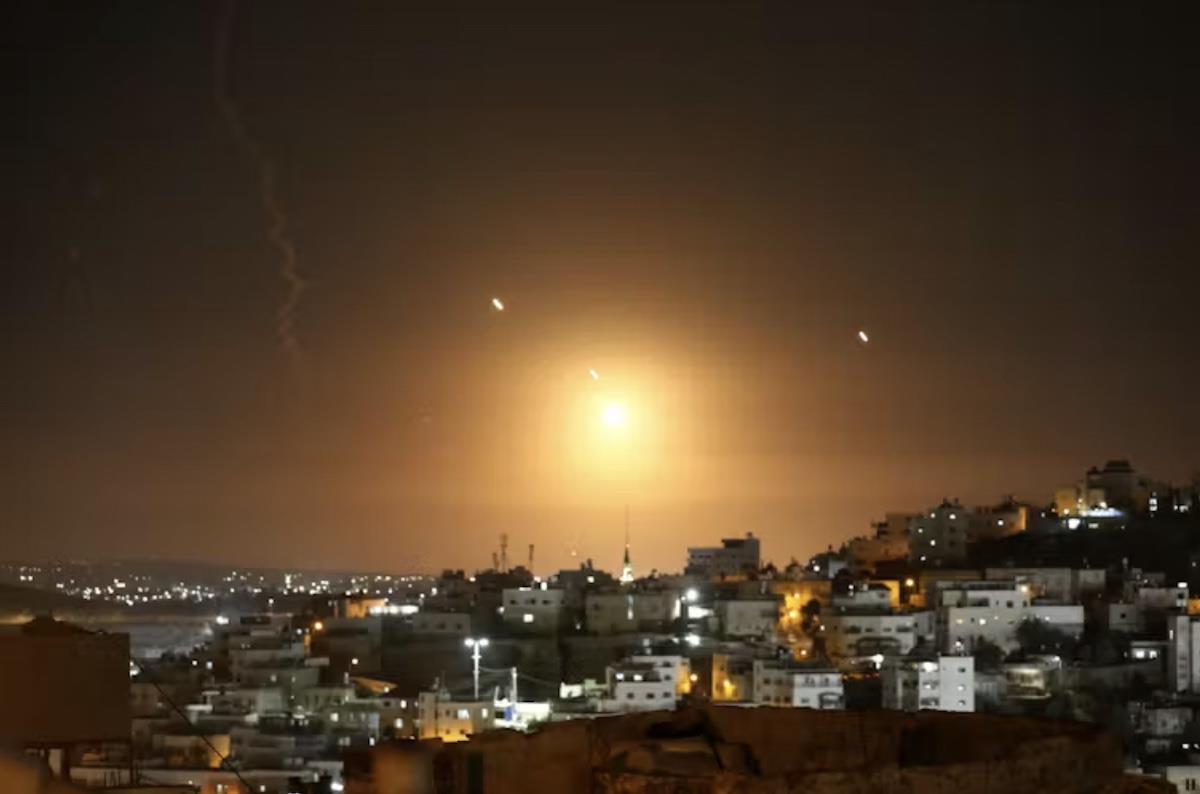
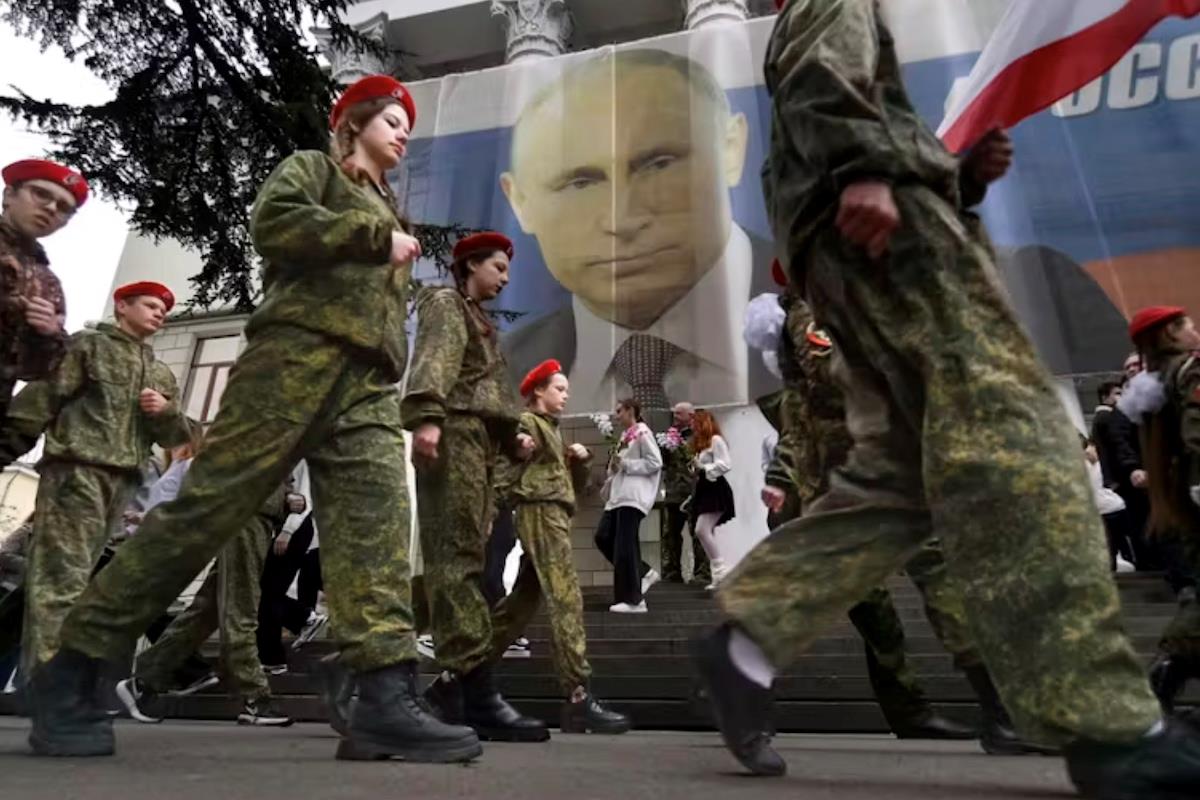
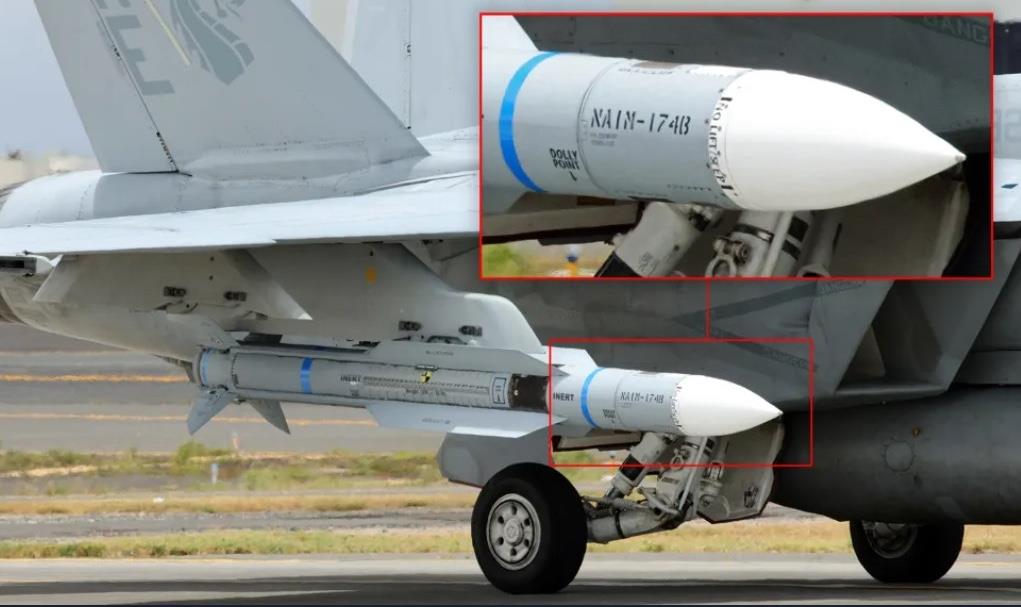
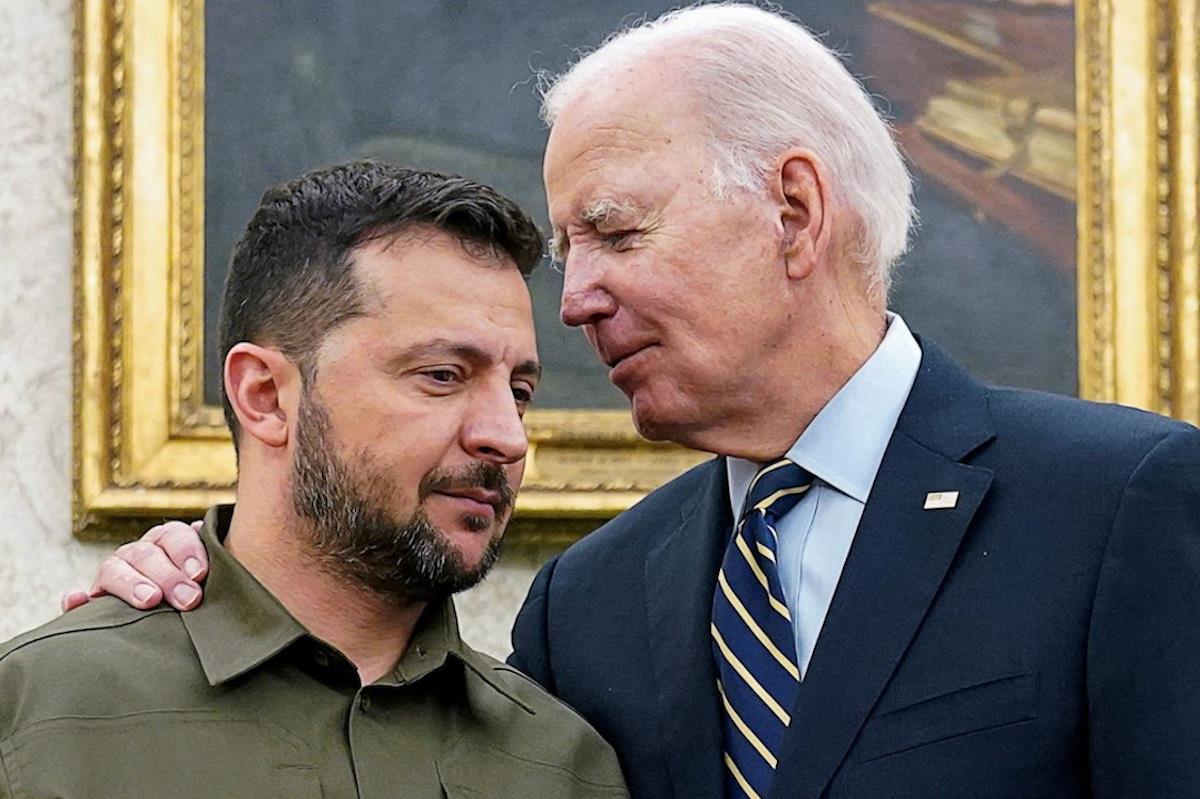
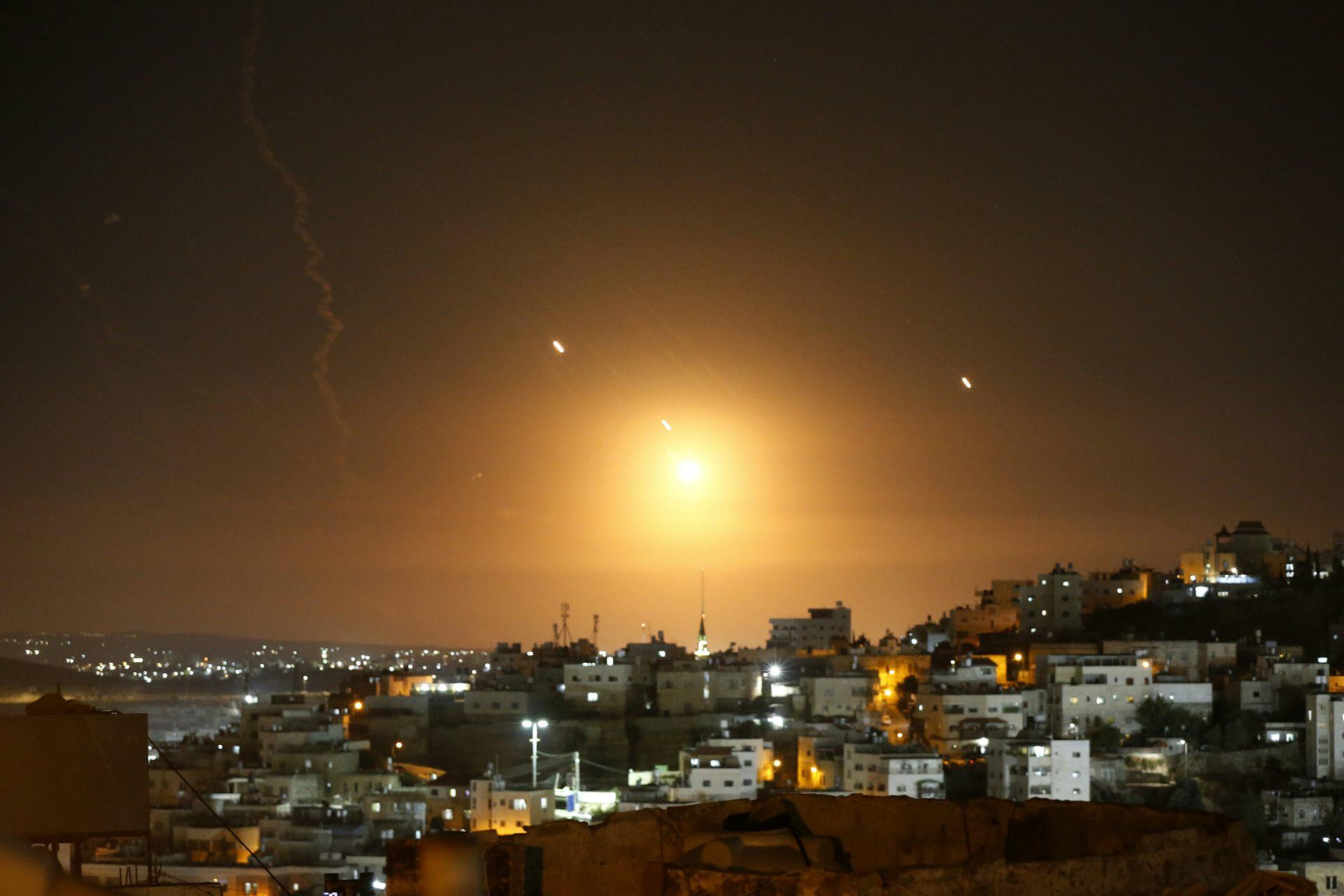

















Comments
No comment